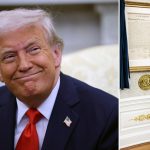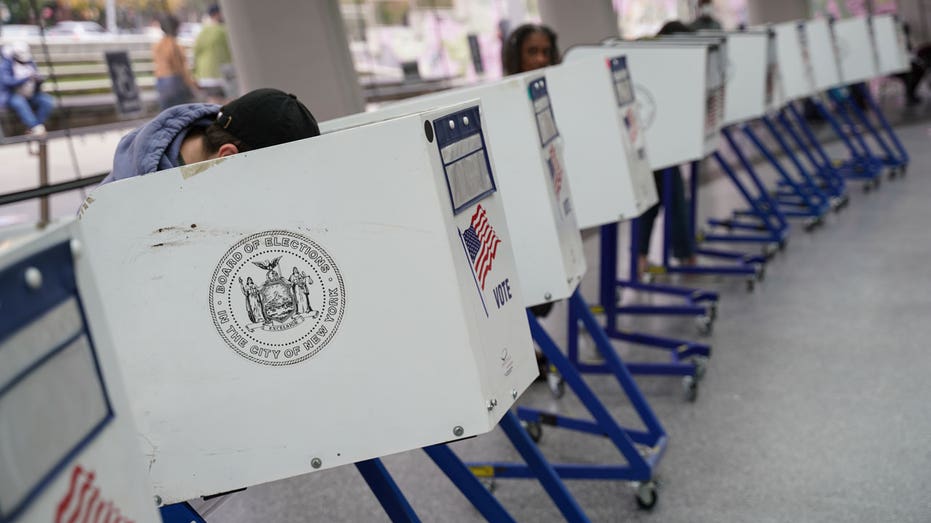The Supreme Court ruled Tuesday that state judges do have the power to override state legislatures when it comes to how federal elections are carried out.
In a 6-3 opinion authored by Chief Justice John Roberts, the high court ruled that the Elections Clause of Article 1 of the U.S. Constitution “does not insulate state legislatures from the ordinary exercise of state judicial review.”
At issue in the case, Moore v. Harper, was a constitutional dispute over the power of a state courts to regulate federal elections – in this case, gerrymandered redistricting maps. Some state lawmakers were seeking a favorable interpretation of the “independent state legislature” (ISL) theory, asking for near-total control over regulation of federal elections for president and members of Congress.
The case went to the high Court after a North Carolina state court threw out GOP-drawn congressional maps first submitted in November 2021.
The maps were deemed unconstitutional by a majority Democrat State Supreme Court, with the GOP maps seemingly giving the Republican-led legislature an advantage in the state’s 14 congressional districts.
SUPREME COURT TO HEAR NORTH CAROLINA REDISTRICTING CASE THAT MAY HAVE 2024 IMPLICATIONS
The court-drawn maps were ultimately used in the state’s midterm elections, producing seven seats for each party. The GOP state legislature is arguing that the use of the court-drawn maps is a violation of the General Assembly’s constitutional right per the elections clause.
The GOP legislature asked the Supreme Court to invoke the ISL doctrine, which hinges on the interpretation of the Constitution to mean that state legislatures have “plenary” or unqualified authority to decide how elections are conducted, absent almost any state judicial review.
SUPREME COURT ACCEPTS CASE THAT HAS POTENTIAL TO ERODE POWER OF FEDERAL REGULATORS
Article 1 of the Constitution reads, “The Times, Places and Manner of holding Elections for Senators and Representatives, shall be prescribed in each State by the Legislature thereof.”
SIX OF THE MOST ANTICIPATED SUPREME COURT CASES WE COULD GET DECISIONS ON BY JULY 4
GOP advocates argue the case could have implications on the security of elections nationwide, as a decision siding with the North Carolina Supreme Court could give additional authority to state and federal courts to intervene in future election proceedings.
But many on the other side of the aisle viewed the independent state legislature doctrine as too broad, arguing the end result could negatively affect democracy as a whole and open the door to further gerrymandering in a political climate with low voter trust.
























